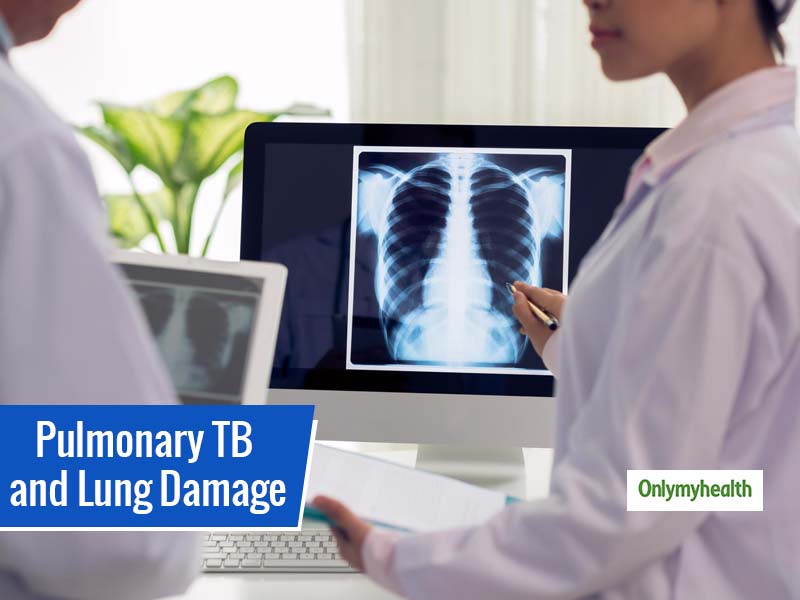
We are all well-aware of the life-threatening lung disease Tuberculosis or TB, its causes, symptoms and treatment also. But what most of you do not know is that this disease can spread beyond the lungs which may cause infections in other parts of the body too. Tuberculosis is a common name bt pulmonary tuberculosis is slightly new for some people. This is a contagious bacterial infection that rises in the lungs but is highly likely to spread to other body parts also. ‘Mycobacterium tuberculosis’ is the bacterium that causes pulmonary tuberculosis. This is caused when this bacterium targets the lungs but infects the other parts of the body.
This infection is contagious as it spreads when the droplets of infectious bacteria get out in the air from the TB-infected person and some other healthy person intakes those bacteria during inhalation. The chances of this infection reaching to other parts of the body are extremely high.
Symptoms of Pulmonary TB
- A consistent cough
- Coughing up blood
- Constant fever, along with a low-grade fever
- Continuous chest pains
- Inexplicable weight loss
- Night Sweats
- Tiredness
- Fatigue

An infected person might show other symptoms, in such case, consult a doctor as an expert would be able to give proper diagnosis after looking at the symptoms.
Also Read: All About Pulmonary Arterial Hypertension
Who are at Risk of Pulmonary TB?
Most people who develop the aforementioned symptoms have previously been infected with primary TB. Some people are more at risk of developing the disease than others:
- Those who have a weak immune system, especially the ones suffering from life-long diseases such as diabetes, AIDS, and kidney disease
- Persons who take medications that weaken the immune system such as those undergoing chemotherapy
- Elderly people and infants
- People who smoke
- People having autoimmune disorders

Also Read: All About Female Genital Tuberculosis And Infertility
Diagnosis
Your doctor will potentially:
- Schedule a chest X-ray
- Inquire about your medical history
- Conduct a physical exam to check if any fluids are present in the lungs
- Organize a medical test to confirm pulmonary TB including a skin test and a blood test

Prevention
Once you are diagnosed with pulmonary TB, you immediately become contagious. To avoid spreading the infection, you must take a few basic precautions. If you suffer from the disease or you are surrounded by someone who has pulmonary TB, there are certain things you can do to reduce the risk of the disease:
- Avoid close contact with someone who suffers from the disease
- Cover your face with a mask, especially when you cough or sneeze
- Educating yourself and the people around you about preventing TB like cleaning equipment and cough etiquette
- Take all medicines prescribed to you by your doctor
- Wash your hands after sneezing or coughing
- Avoid school, work or social gatherings until your doctor asks you to do otherwise
- Carefully dispose of the all used tissues in a plastic bag
- If you spend a lot of time inside a place, then let fresh air come in through the windows and the doors
Read more articles on Other Diseases
How we keep this article up to date:
We work with experts and keep a close eye on the latest in health and wellness. Whenever there is a new research or helpful information, we update our articles with accurate and useful advice.
Current Version
